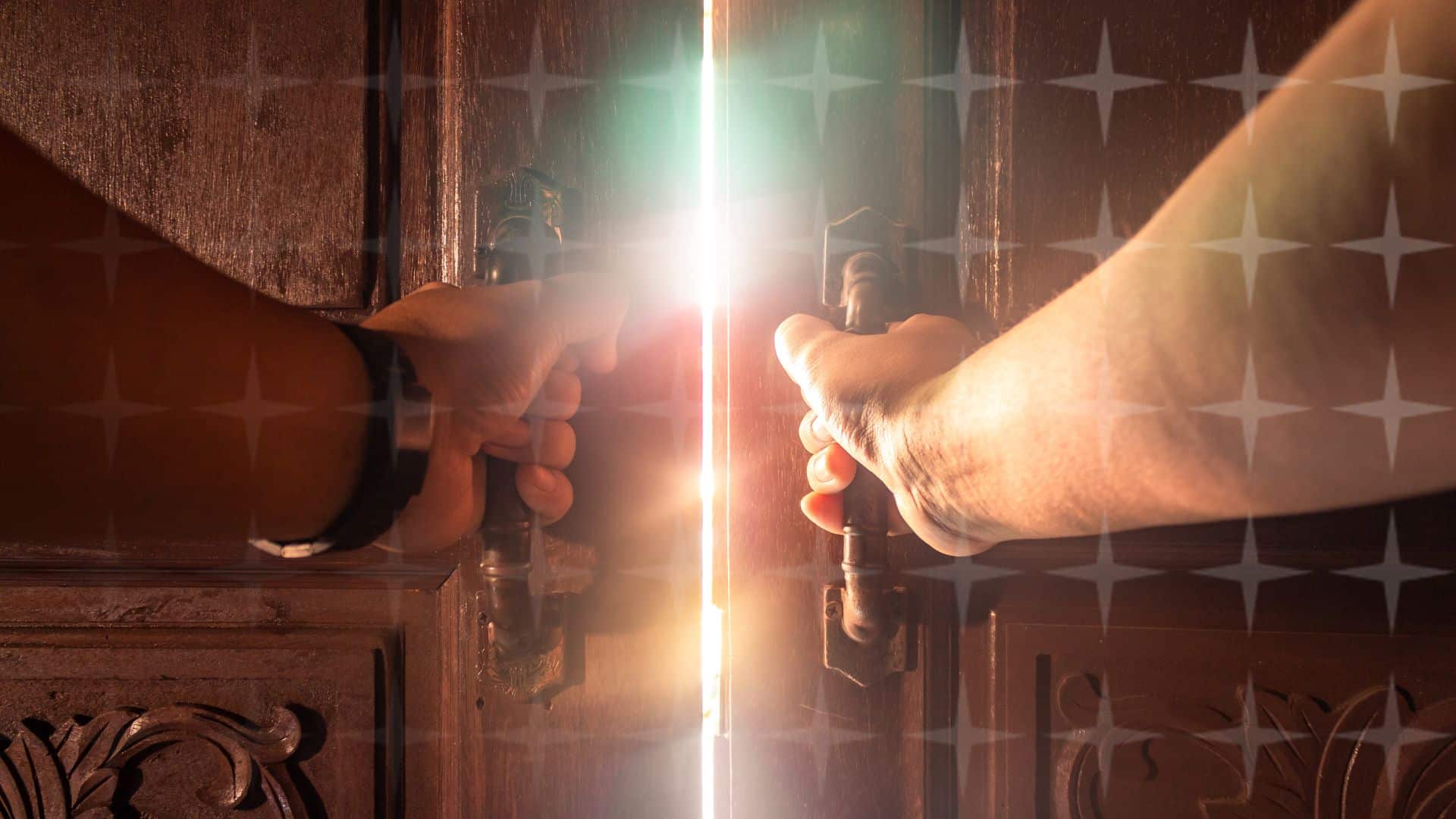Are Family Court Hearings Open To The Public Now?

Family life is a private matter for each and every one of us.
We all expect that privilege, that right in fact. Article 8 of the European Convention on Human Rights enshrines this right and continues to exist post-Brexit.
However, an evolution is occurring in the Family Courts, as to our private lives becoming more public.
Family Court Hearings Transparency
Over the last five years, there has been a growing push to open up the Family Courts to the public, for the purposes of encouraging confidence and accountability, with the best interests of any child concerned being at the centre of how this could be achieved safely. Anonymity has been the essential ingredient, as lessons can be shared and learned without the identity of individuals being disclosed publicly.
As part of a pilot scheme launched in Leeds, Carlisle and Cardiff Courts, “Transparency Reporting” will become a reality and in this way, the public will be made aware of how a Family case is conducted.
However, this will only be in certain family proceedings at present, and always as the Judge determines.
Who Has Access To Family Court Hearings?
This significant change follows the review of transparency in the family courts by the President of the Family Division Sir Andrew McFarlane, in 2021 (read his report ‘Confidence and Confidentiality: Transparency in the Family Courts’).
It will apply to in-person and remote hearings (the latter are commonplace still following the pandemic) and only accredited journalists and legal bloggers will be allowed to report in accordance with the transparency orders which have been made.
As part of this pilot, we have a landmark case decision now from Leeds Family Court, in which a Transparency Order was made in a finding of fact hearing involving three families.
The Judgement of Mr Justice Poole stated that “…strong public interest…” outweighs the degree of risk of harm and that the nature of the Order would “provide the court with sufficient confidence that reporting maybe permitted without creating an unacceptable risk that the children will be harmed by being identified.”
And here is the really big news: there are plans to extend the changes to private law children’s cases, that is, fundamentally applications under s.8 Children’s Act 1989, between parents/family members, as to contact and living arrangements.
This will affect a significant number of our clients.
As a Resolution trained Family Lawyer, I have always been able to assure my clients that the only people allowed in the Courtroom would be the Judge and Court staff, the parties and their lawyers, save as to any witnesses, as agreed or ordered.
My colleague, Sarah Pennicott, and I, will in the future, no doubt be explaining the caveat that defined reporting may be allowed, but that, as per the words of Sir Andrew Mcfarlane (Justice Select Committee, January 2023) “…there must be a way of allowing openness … yet maintain the anonymity of the individuals involved…”
How Private Will Family Court Hearings Be?
The Law Society has stated that it supports the fact that the new rules will not enable the identification of family members and that the overall objective is to improve public awareness of long-standing issues, such as the increase in the number of litigants in person within the Court system and how these issues continue to impact on service delivery for all.
Of further comfort is that there are currently no moves to allow reporting on sensitive cases involving financial remedies (mainly within divorce proceedings) and, crucially, within domestic abuse matters.
And so, even when these changes become more widespread, a member of the public cannot simply walk into a Family Courtroom and be privy to the private and personal details of a party’s life.
But, access to the same, with ordered restrictions, will, where allowed, be within the public domain via all and any forms of media, potentially.
Hence the greater imperative for our clients to consider all options when seeking to resolve a family conflict, and in particular, the safe forum alternatives to litigation, including the Collaborative experience, Mediation and Arbitration, where privacy remains a cornerstone.
